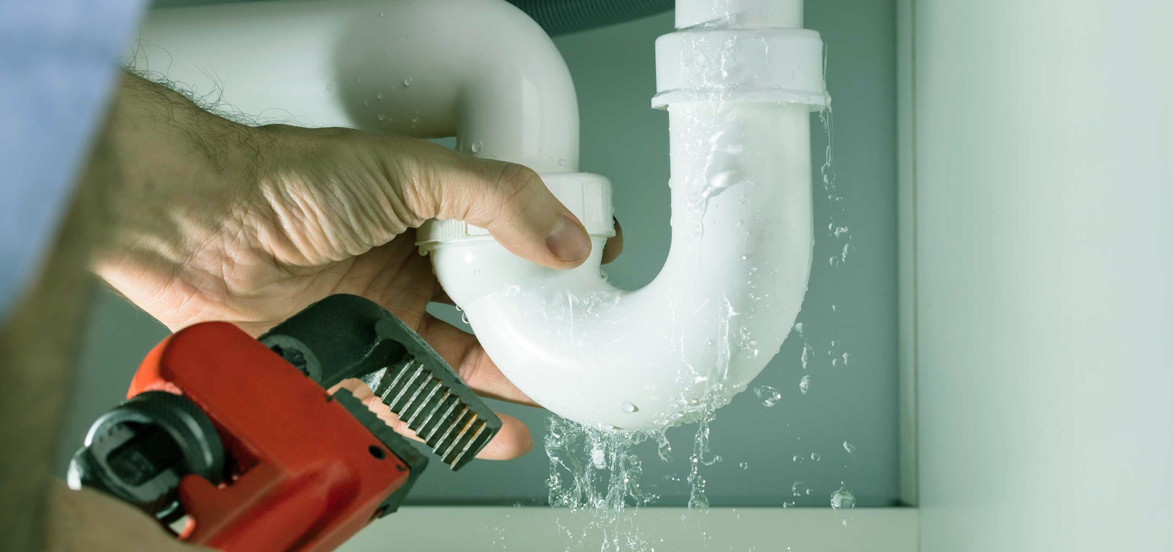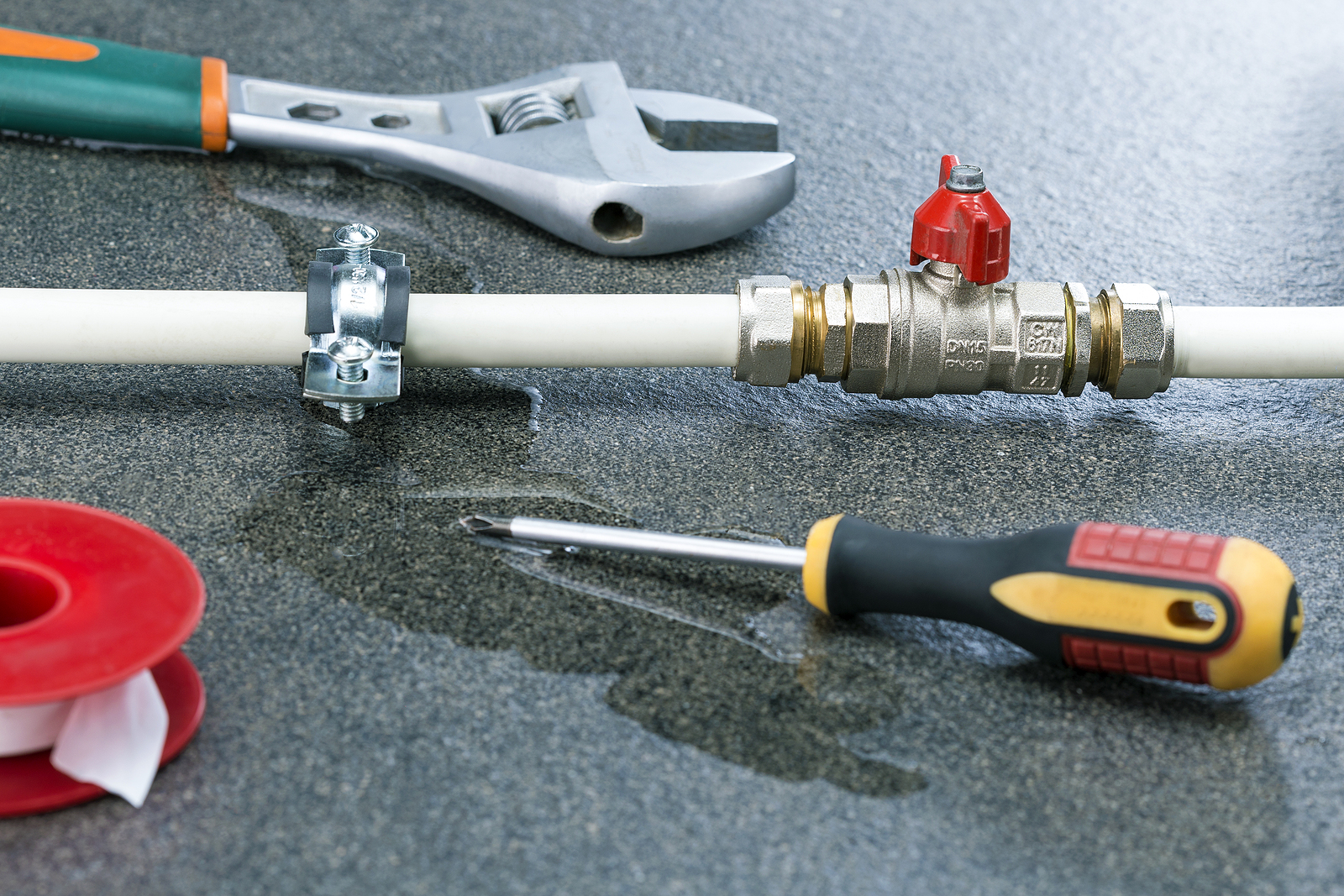Nearly everybody maintains their personal idea about Detecting hidden plumbing leaks.

Early detection of dripping water lines can minimize a prospective calamity. Some small water leaks may not be noticeable.
1. Examine the Water Meter
Checking it is a proven method that aids you discover leakages. If it moves, that suggests a fast-moving leakage. This implies you may have a slow-moving leak that might also be below ground.
2. Inspect Water Intake
If you find abrupt modifications, in spite of your intake being the very same, it indicates that you have leaks in your plumbing system. A sudden spike in your expense indicates a fast-moving leak.
A stable rise every month, even with the very same habits, reveals you have a sluggish leak that's likewise gradually escalating. Call a plumber to extensively check your home, particularly if you feel a warm area on your flooring with piping below.
3. Do a Food Coloring Examination
When it comes to water usage, 30% comes from commodes. If the shade somehow infiltrates your bowl during that time without flushing, there's a leakage between the tank and dish.
4. Asses Exterior Lines
Do not neglect to examine your exterior water lines also. Must water leak out of the link, you have a loose rubber gasket. One small leak can waste lots of water and spike your water bill.
5. Analyze the scenario as well as evaluate
Property owners should make it a practice to examine under the sink counters and even inside cabinets for any type of bad odor or mold and mildew development. These 2 red flags indicate a leak so timely focus is called for. Doing routine evaluations, also bi-annually, can conserve you from a significant issue.
If you understand your home is already old, maintain a careful eye on your heaters, tubes, pipelines etc. Look for discolorations and also deteriorating as the majority of appliances and pipelines have a life span. They will certainly additionally normally weaken because of wear and tear. Don't wait for it to escalate if you presume leaking water lines in your plumbing system. Call an expert plumber right now so you do not end up with a dreadful mess in your home.
Early detection of leaking water lines can alleviate a prospective calamity. Some little water leakages might not be noticeable. Examining it is a proven way that helps you uncover leakages. One little leak can waste loads of water as well as surge your water expense.
If you presume leaking water lines in your plumbing system, don't wait for it to escalate.
Tips for Detecting Hidden Plumbing Leaks
Check for Signs of Water Damage
We recommend that you check the following places for evidence of water damage:
Near where you store your water heater
Around your sump pump
In areas where pipes are visible
Underneath cabinetry or a vanity beneath a sink
Where your outside hose bib isIf water damage is present, you may also notice mold and/or mildew or smell a foul or musky odor. You might also be able to hear the sound of water running where it shouldn’t be.
Perform a Water Meter Test
One of the easiest ways to determine whether you have a hidden leak on your property is to test your water meter. Turn off all appliances in that use water and make sure you don’t have any faucets running. Locate your water meter and record the reading on it. Continue to leave everything off for a minimum of two hours and then go back and see the meter reading. If it’s a noticeable difference, chances are you have a hidden plumbing leak.
Monitor Your Outside Usage
As the seasons change, you might use more water to keep your yard lush and green and your flowers blooming. However, it’s important to routinely ensure that your sprinkler or irrigation system is working properly and that any outside faucets are completely off. This way you’re not wasting any water.
Do the Toilet Food Coloring Test
Are you kept up at night because your toilet continues to run? If you’ve noticed your toilet randomly refills, especially when it’s not in use, it could mean you have a defective flapper tank and water will leak into the bowl. Fortunately, there’s an easy (and kind of fun!) way to test whether you’re dealing with this issue. Grab some food coloring and add a few drops into your toilet’s tank. Wait 15 minutes and then check to see whether the water in the bowl is colored. If it is, you have a leak within your toilet and the internal assembly will need to be repaired or replaced.
https://www.carterservices.com/blog/2020/february/tips-for-detecting-hidden-plumbing-leaks/

I'm just very fascinated by Locating water leaks and I am hoping you appreciated the new entry. Don't hesitate to take the time to distribute this write-up if you appreciated it. I am grateful for your time. Visit again soon.